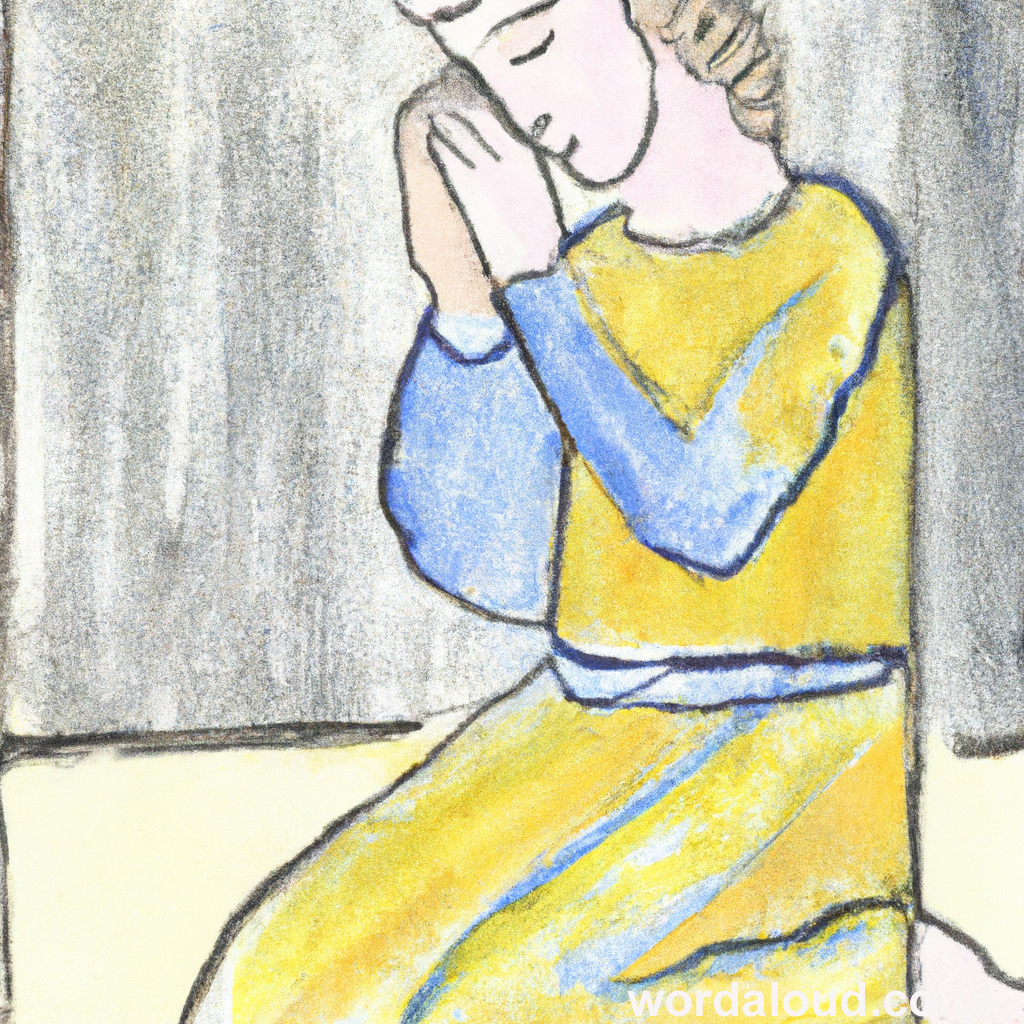Christian Art | Parables Of Jesus | King James Audio Bible KJV
Luke 12: 13-21 – Sunday Week 18 (Year C) | Week 29 Ordinary Time, Monday (King James Audio Bible Spoken Word)
13 ¶ And one of the company said unto him, Master, speak to my brother, that he divide the inheritance with me.
14 And he said unto him, Man, who made me a judge or a divider over you?
15 And he said unto them, Take heed, and beware of covetousness: for a man’s life consisteth not in the abundance of the things which he possesseth.
16 And he spake a parable unto them, saying, The ground of a certain rich man brought forth plentifully:
17 And he thought within himself, saying, What shall I do, because I have no room where to bestow my fruits?
18 And he said, This will I do: I will pull down my barns, and build greater; and there will I bestow all my fruits and my goods.
19 And I will say to my soul, Soul, thou hast much goods laid up for many years; take thine ease, eat, drink, and be merry.
20 But God said unto him, Thou fool, this night thy soul shall be required of thee: then whose shall those things be, which thou hast provided?
21 So is he that layeth up treasure for himself, and is not rich toward God.
In the clamour of people crowding to be near to Jesus, one man comes to Jesus with a problem which is entirely his own and has nothing to do with his or anyone’s spiritual life. He asks Jesus to use his influence to solve a family dispute about material possessions, the family inheritance, by telling his brother to divide the inheritance fairly.
The man’s problem is real enough to him – an injustice has been committed – but Jesus firmly rejects the role of arbiter. This is not why Jesus is here. It is not part of our Lord’s redemptive mission to intervene in such matters. Jesus gives to us key spiritual, moral and social precepts, and these inspire our actions. We are endowed with the intelligence and freedom to order our lives and circumstances according to Christ’s way.
This incident does, though, lead into the exposition of a principle which does indeed have some bearing on the man’s problem. Jesus offers a reflection on wealth and attitudes to wealth which may indeed imply a criticism of the man – perhaps of the man’s seeking to bring his material concerns, his concerns about wealth, in the way of the infinitely more significant spiritual path being trod by Jesus. The man wants his inheritance; Jesus rebuffs him, then continues to teach his disciples, warning them now about the evil of covetousness. Possessions, Jesus will go on to say, don’t matter; indeed, the disciples should sell what possessions they have and store treasure in heaven (12: 33-34).
The parable of the rich fool gives vivid dramatic expression to the teaching, that a life may become so clogged with transient material possessions that the soul loses sight of God, and has no treasure in heaven laid up for eternal life. We are asked to think of the sense of life. In the parable, the jolly, self-satisfied anticipation of a long and well-fed life to come – with, it seems, no thought of sharing – is immediately exposed as the short-sighted thinking it is as God calls time. The absolute contrast between delusion and reality, and the suddenness of the reversal of fortune, force listeners to stand right back and reconsider their values. We are bound to ask: where are our treasures stored?
God, Lord and master of the vineyard, you allot us our tasks and determine the just rewards of our labours.
Help us to bear the burden of the day and accept your will in all things without complaint.
Through Christ our Lord.
King James Audio Bible | Endnotes
The Parable of the Rich Fool highlights dangers of focusing on material wealth and the evil of coveting what is not rightfully ours. In the Ten Commandments, it is written: ‘Thou shalt not steal’ and ‘Thou shalt not covet thy neighbor’s house, wife, or goods.’ The commandments call upon us to recognize the vanity of wealth and such harm our desire for material wealth must cause to others and to our relationship with them.
Indeed, in quest for material satisfaction, we set ourselves against Christianity as we give way to sin. Lust of the flesh precludes spiritual renewal.
Pope Francis has spoken of the need for harmonious relationship with the world and with one another, and the dangers of pursuing material wealth at the expense of others. He has emphasized the importance of caring for creation, including natural resources, and of working to address poverty and inequality in the world. He reminds us that we are all part of one human family, and that the earth and its resources are not just for the benefit of a few, but are to be shared and cared for by all.
Pope Francis has called for a culture of encounter, in which we reach out to one another, listen to one another, and work together to build a better world for all. This means rejecting the delusion of material wealth and instead seeking to live a life of simplicity, humility, and generosity. By living in this way, we can resist temptation to accumulate wealth for ourselves, and instead work to build a world in which all can flourish.
As we explore through the parables of Jesus relationship with God, an understanding of the meaning of parables is that within the context of engagement with the parables we are present with Jesus in the Garden of Gethsemane – toward crucifixion of Jesus and hence redemption.








